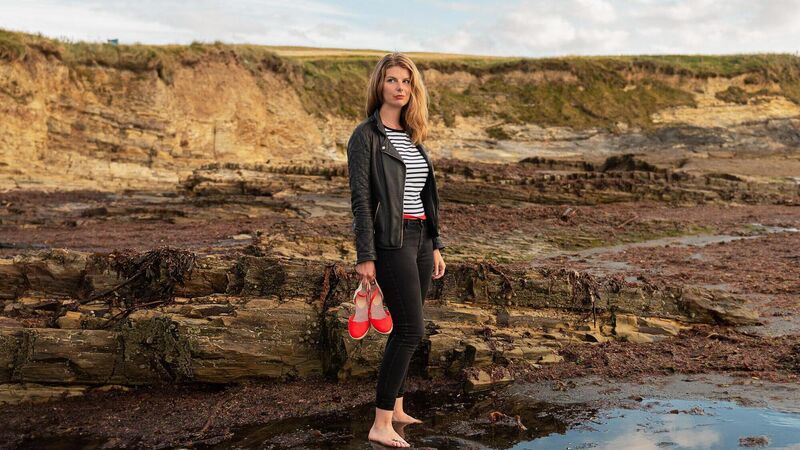Caroline O'Donoghue: It boggles my mind now, to think about the stuff that was advertised to us but that we didn’t have

I’ve been living in London for almost 10 years, and as a result, most of my friends are English. Many of them were born in London, or grew up on its perimeter, and so I’ve heard lots of stories about their childhoods at the centre of everything.
I find it fascinating. When so much of the adolescent experience is about feeling uncool and provincial, what is it like to grow up two miles away from a club where famous people are getting papped? What’s it like to go to school with the children of celebrities?






